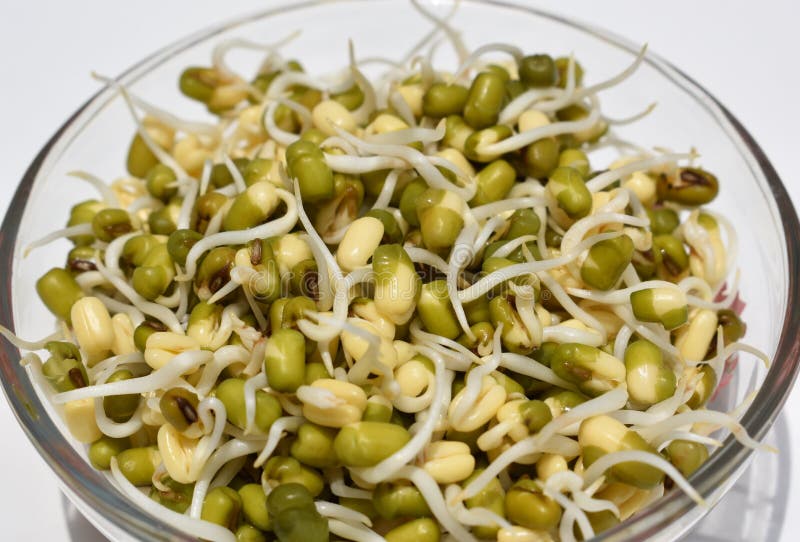

Green gram, often known as mung bean, improves the gloss and brightness of human skin. So, they help you lose weight by suppressing your appetite and lowering your calorie intake.Īn analysis of nine studies indicates that eating legumes like beans made participants feel 31% fuller than eating other meals like pasta and bread. Additional research has discovered that these nutrients might stimulate the production of hormones that make you feel full. In addition, fibre helps regulate bowel movement and improves overall digestion, thus aiding weight loss. As a result, it prevents excess calorie intake. Mung beans are high in fibre and protein, which are essential for healthy weight loss.Īccording to studies, consuming adequate fibre and protein reduces hunger hormones such as ghrelin. A reduction in plaque formation leads to a reduced risk of heart disease like stroke.

As a result, it reduces inflammation and repairs blood vessel abnormalities, including plaque formation.

Lowers the risk of heart diseaseĪs per research, mung beans keep the arteries clean and promote blood circulation by avoiding LDL oxidation. For example, it can nourish colon cells and improve immunological responses in the stomach. Butyrate improves gut health in many ways. The bacteria digest the starch and convert it into short-chain fatty acids. Mung beans also include resistant starch, comparable to soluble fibre in that it helps sustain your good gut bacteria. In addition, it improves the overall digestive function. As per research, pectin can help keep your intestines healthy and speed up the pace at which food is processed and moved through your stomach. Mung beans are high in fibre, including insoluble fibre, as they include pectin, a soluble fibre. However, the antioxidants in mung beans can prevent it, ultimately lowering cancer risk. Oxidative stress can lead to cancer cell formation. The antioxidants in mung beans prevent radical damage caused by oxidative stress. The study found that mung bean extract can be a potent anti-cancer agent.Ī 2012 study by BMC researchers discovered that mung bean sprout extract behaved as an anticancer agent in human cells in the lab. Researchers investigated the in vitro selective cytotoxic and immunomodulatory effects of mung bean extracts on human cancer cells. However, some lifestyle modifications, such as eating a well-balanced diet, can help reduce blood pressure.Īs per a study, mung bean nutrients, such as potassium, magnesium, and fibre, can effectively reduce the risk of high blood pressure. High blood pressure is a significant problem since it raises the chance of developing heart disease.
Bean sprouts protein free#
Animal studies indicate that the antioxidants in mung bean soup can help protect cells from the free radicals that develop during heatstroke. Mung beans are also rich in antioxidants called vitexin and isovitexin. Since mung beans contain anti-inflammatory properties, they help guard against heat strokes, thirst, and other associated conditions. Bean soup is a famous summer food in Asian countries. Health Benefits of Mung Beans Low Blood Glucose Levelĭiabetes, a condition with significantly high blood sugar levels, leads to several chronic diseases. The USDA provides the following nutritional information for 100g of cooked and drained mung beans: Despite their mild flavour, mung beans provide a good canvas for a wide range of savoury meals, including soups, stews, salads, and curries. They are high in vitamins, minerals, and helpful enzymes, making them a perfect addition to a healthy diet. Mung beans, like all pulses, are nutritionally balanced. Like other legumes, mung beans are high in plant-based protein, complex carbs, fibre, and other minerals. Mung beans have a sweet flavour and can be purchased fresh, dried, or sprouted. You can buy them fresh on many street corners in the East, but you’ll primarily find them dried at health food stores in the West. However, due to their size, they were later reclassified and are no longer recognised as beans, despite having the word “bean” in their name! Mung beans are pulses, or dry legumes that grow in pods containing up to 12 seeds. Earlier, they used to fall under the bean species. Since mung beans are bigger, they do not come under the lentil group. Lentils are legumes with a lens shape, which is broader in the centre and narrower at each end. People frequently confuse mung beans with lentils. Possible Side Effects of Eating Mung Beans.


 0 kommentar(er)
0 kommentar(er)
